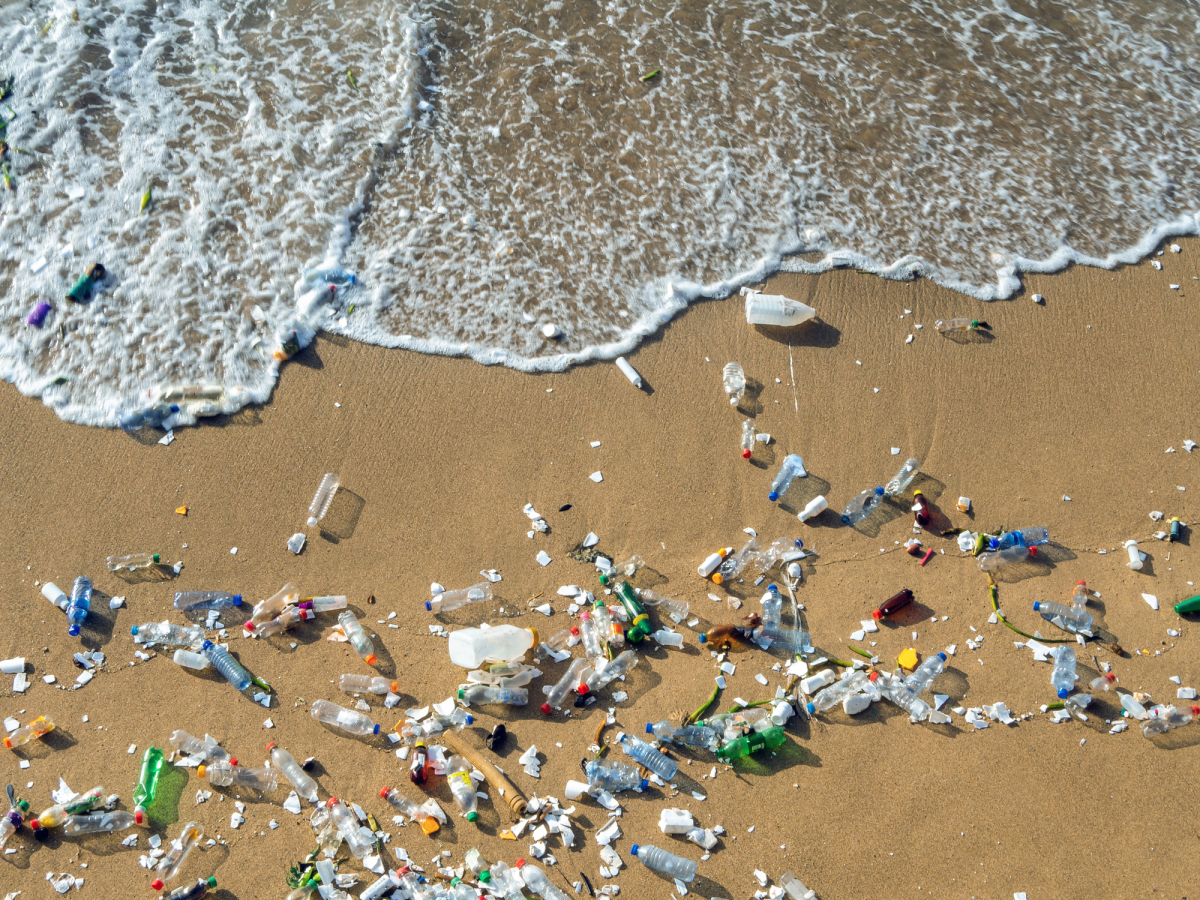Science
Global Negotiations on Plastic Pollution Treaty Fail to Reach Consensus

Global negotiations aimed at finalizing a United Nations treaty on plastic pollution concluded in Geneva on October 15, 2023, without a consensus. After ten days of intense discussions, participating countries faced significant divisions over critical issues such as production caps, the identification of harmful chemicals, and the financing of initiatives to combat plastic waste.
Despite the setback, representatives from various nations expressed their commitment to continue the dialogue. The UN Environment Programme emphasized the urgent need to address plastic pollution, which poses serious threats to ecosystems and human health worldwide. The organization’s ongoing efforts highlight the growing recognition of plastic pollution as a global crisis requiring immediate and coordinated action.
Moores remarked on the significance of the ongoing negotiations, stating that a global treaty could play a crucial role in facilitating the adoption of sustainable practices. “The development of alternatives to conventional plastics is vital,” she noted. “A comprehensive treaty can help steer resources and attention toward innovative solutions that address this pressing issue.”
The lack of consensus during the Geneva talks reflects the complex nature of international negotiations, particularly regarding environmental policies. Countries have varying priorities and economic interests, which complicates reaching a unified agreement. The discussions underscored the need for collaborative approaches to tackle the multifaceted challenges associated with plastic pollution.
As nations prepare for further discussions, the urgency of the problem remains paramount. The impacts of plastic waste on marine life, biodiversity, and public health demand immediate action. Experts like Moores continue to advocate for innovative research and policies that align with sustainability goals.
While the Geneva negotiations may have concluded without a binding agreement, the commitment to ongoing dialogue signifies that nations recognize the importance of addressing plastic pollution. Future meetings will likely continue to focus on finding common ground and developing actionable strategies to combat this global challenge.
-

 Education3 months ago
Education3 months agoBrandon University’s Failed $5 Million Project Sparks Oversight Review
-

 Science4 months ago
Science4 months agoMicrosoft Confirms U.S. Law Overrules Canadian Data Sovereignty
-

 Lifestyle3 months ago
Lifestyle3 months agoWinnipeg Celebrates Culinary Creativity During Le Burger Week 2025
-

 Health4 months ago
Health4 months agoMontreal’s Groupe Marcelle Leads Canadian Cosmetic Industry Growth
-

 Science4 months ago
Science4 months agoTech Innovator Amandipp Singh Transforms Hiring for Disabled
-

 Technology4 months ago
Technology4 months agoDragon Ball: Sparking! Zero Launching on Switch and Switch 2 This November
-

 Education4 months ago
Education4 months agoRed River College Launches New Programs to Address Industry Needs
-

 Technology4 months ago
Technology4 months agoGoogle Pixel 10 Pro Fold Specs Unveiled Ahead of Launch
-

 Business3 months ago
Business3 months agoRocket Lab Reports Strong Q2 2025 Revenue Growth and Future Plans
-

 Technology2 months ago
Technology2 months agoDiscord Faces Serious Security Breach Affecting Millions
-

 Education4 months ago
Education4 months agoAlberta Teachers’ Strike: Potential Impacts on Students and Families
-

 Education3 months ago
Education3 months agoNew SĆIȺNEW̱ SṮEȽIṮḴEȽ Elementary Opens in Langford for 2025/2026 Year
-

 Science4 months ago
Science4 months agoChina’s Wukong Spacesuit Sets New Standard for AI in Space
-

 Business4 months ago
Business4 months agoBNA Brewing to Open New Bowling Alley in Downtown Penticton
-

 Business4 months ago
Business4 months agoNew Estimates Reveal ChatGPT-5 Energy Use Could Soar
-

 Technology4 months ago
Technology4 months agoWorld of Warcraft Players Buzz Over 19-Quest Bee Challenge
-

 Business4 months ago
Business4 months agoDawson City Residents Rally Around Buy Canadian Movement
-

 Technology4 months ago
Technology4 months agoFuture Entertainment Launches DDoD with Gameplay Trailer Showcase
-

 Technology2 months ago
Technology2 months agoHuawei MatePad 12X Redefines Tablet Experience for Professionals
-

 Top Stories3 months ago
Top Stories3 months agoBlue Jays Shift José Berríos to Bullpen Ahead of Playoffs
-

 Technology4 months ago
Technology4 months agoGlobal Launch of Ragnarok M: Classic Set for September 3, 2025
-

 Technology4 months ago
Technology4 months agoInnovative 140W GaN Travel Adapter Combines Power and Convenience
-

 Science4 months ago
Science4 months agoXi Labs Innovates with New AI Operating System Set for 2025 Launch
-

 Technology4 months ago
Technology4 months agoNew IDR01 Smart Ring Offers Advanced Sports Tracking for $169








